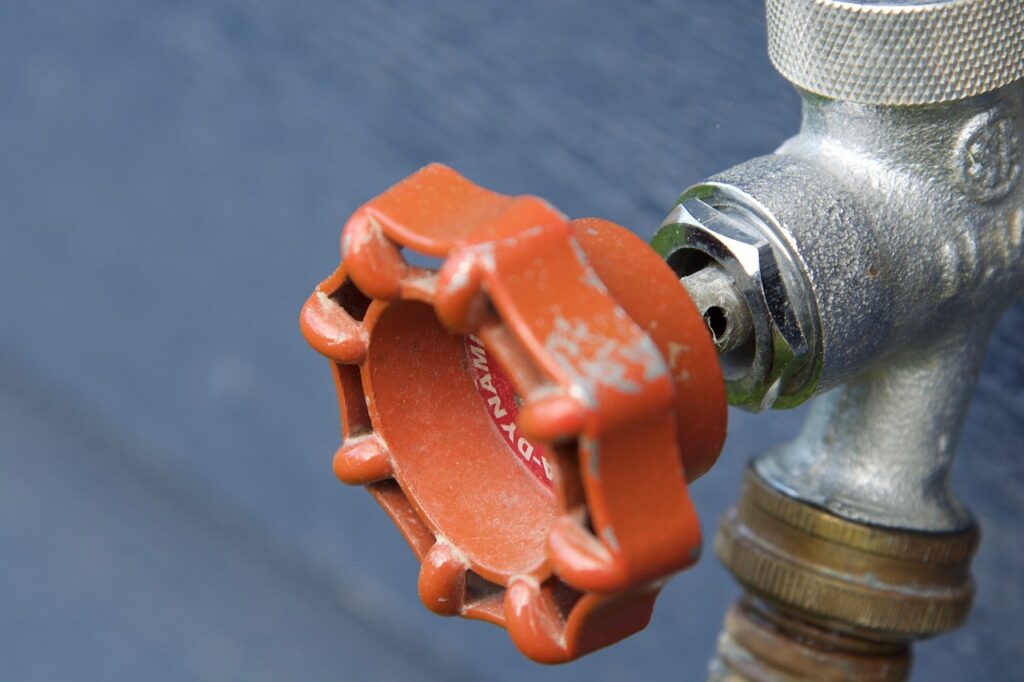
Water damage can wreak havoc on homes, leading to costly repairs, structural issues, and potential health hazards. Fortunately, there are several proactive steps homeowners can take to prevent water damage and safeguard their properties. By implementing preventive measures and staying vigilant, homeowners can reduce the risk of water damage and ensure the long-term integrity of their homes. In this article, we will provide essential tips for homeowners to prevent water damage.
Regular Maintenance: Conducting regular maintenance checks is crucial for identifying potential sources of water damage. Inspect your roof for missing or damaged shingles, check gutters and downspouts for debris and blockages, and ensure they are directing water away from the foundation. Look for signs of leaks in plumbing fixtures, pipes, and appliances, and promptly address any issues.
Proper Grading: Ensure that the ground surrounding your home is properly graded to prevent water from pooling near the foundation. Ideally, the ground should slope away from the house to encourage proper drainage. If needed, consider regrading or installing a French drain system to divert water away from the foundation.
Foundation Maintenance: Keep an eye on your foundation for cracks or signs of water seepage. Seal any cracks or gaps in the foundation walls or floor to prevent water intrusion. If necessary, consult a professional for repairs and waterproofing solutions.
Sump Pump Maintenance: If your home has a sump pump, make sure it is in good working condition. Test it regularly to ensure proper functioning, and consider installing a backup power source, such as a battery or generator, to keep the pump operational during power outages.
Proper Landscaping: Strategically plan your landscaping to prevent water accumulation near your home. Avoid planting trees or shrubs too close to the foundation, as their roots can cause damage to underground pipes and create a pathway for water to enter your home.
Indoor Leak Detection: Install leak detection devices and water alarms in areas prone to water damage, such as basements, laundry rooms, and under sinks. These devices can alert you to leaks or excess moisture, allowing you to address the issue before it escalates.
Proper Insulation: Ensure that your home is properly insulated, especially in areas prone to freezing temperatures. Proper insulation can help prevent frozen pipes, which can burst and cause significant water damage when they thaw.
Regular Plumbing Maintenance: Schedule regular maintenance for your plumbing system, including inspections, pipe insulation, and repairs as needed. Pay attention to signs of leaks, such as water stains, musty odors, or an increase in your water bill, and promptly address any issues.
Adequate Ventilation: Proper ventilation is crucial in areas prone to high humidity, such as bathrooms, kitchens, and basements. Install exhaust fans or open windows to reduce moisture buildup and prevent the growth of mold and mildew.
Insurance Coverage: Review your homeowner’s insurance policy to ensure it provides adequate coverage for water damage. Understand the terms and exclusions of your policy and consider additional coverage if needed, such as flood insurance if you live in a flood-prone area.
By implementing these preventive measures, homeowners can significantly reduce the risk of water damage to their properties. Regular maintenance, prompt repairs, and proper insurance coverage are key to safeguarding your home and preventing costly water damage. Remember, prevention is always better than dealing with the aftermath of water damage, so be proactive and stay vigilant.
